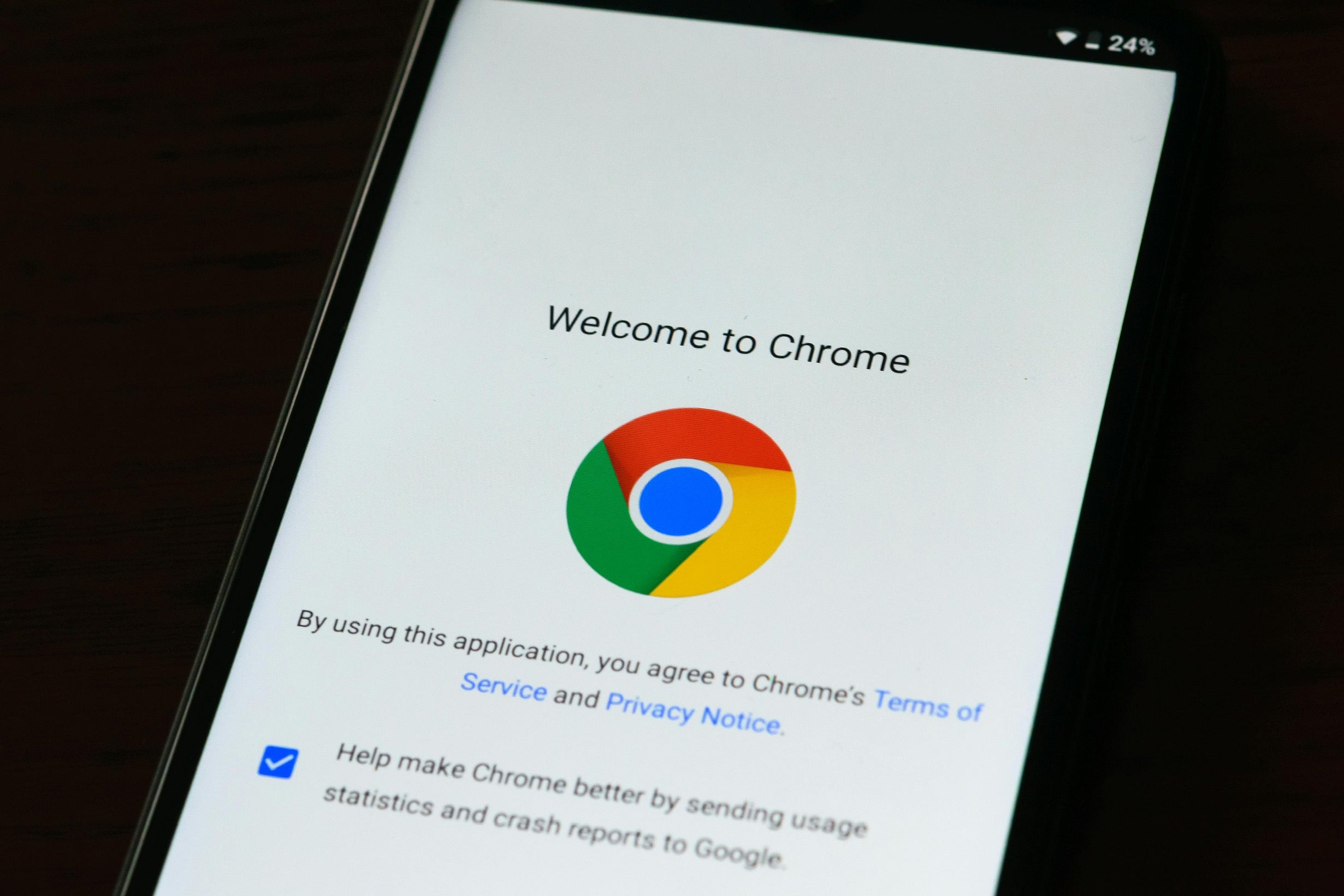What would the Android and Pixel experience be like if Chrome wasn't owned by Google anymore?

Image credit — Pexels
Let's suspend reality for a moment and embark on this thought experiment: what would the Android and Pixel experience be like if Chrome wasn't owned by Google anymore? Considering the current situation where the Department of Justice (DOJ) is pushing for Google to sell Chrome and wants to ban Google from releasing another browser for at least five years, this is something that has been on my mind lately as a Google Pixel fan and user.
In case you haven't been following, Google is currently involved in a battle with the DOJ, where a judge ruled back in August that the company maintains a monopoly when it comes to search. Some of the measures the government has proposed to remedy this is to break up Google as it currently stands by forcing the company to sell Chrome and subsequently banning Google from re-entering the browser game for at least five years.
In response to this, Google has called the measures extreme and radical. While it may be a while until a final decision is reached, I can't help but think that this is a move that could have major implications for the Pixel lineup, which relies heavily on Chrome integration.
Chrome isn't just a web browser
For starters, it's important to understand that Chrome is more than just a web browser. It's also the foundation for Chrome OS, the operating system that powers many of Google's laptops and tablets. Chrome OS is designed to be lightweight and fast, and it relies heavily on web apps instead of traditional desktop apps. This makes it a great choice for budget-minded users who don't need the full power of a traditional computer.
If Google were to sell Chrome, it's unclear what would happen to Chrome OS. It's possible that another company could buy it and continue to develop it. However, it's also possible that Chrome OS would be discontinued altogether. This would be a major blow to Google's hardware ambitions, as it would mean that the company would no longer have a viable operating system for its laptops and tablets. That is, unless Google's rumored plans of merging Android and Chrome to develop a unified OS that can be used on laptops come to fruition.
That said, even if Chrome OS were to survive, it's likely that it would be a very different experience without Google's backing. Google has invested heavily in Chrome OS, and it has made a number of improvements to the operating system over the years. Without Google's support, it's unclear whether Chrome OS (or the resulting unified OS, if the rumors are true) would be able to keep up with the competition.
In addition to Chrome OS, Chrome is also deeply integrated into Android, the operating system that powers the Pixel lineup. Android uses Chrome as its default web browser, and many of Android's features are built on top of Chrome.

If Google were to sell Chrome, it's possible that Android would have to find a new default web browser. This could lead to a number of problems, as many Android apps are designed to work with Chrome. It's also possible that Android would have to re-engineer some of its features to work without Chrome.
The sale of Chrome would be a major setback for Google. It would mean that the company would no longer have control over two of its most important products: Chrome OS and Android. This could have a significant impact on the Pixel lineup, as well as Google's other hardware products.
As a Google Pixel fan and consumer, I'm not sure how I feel about the DOJ's proposal. On the one hand, I understand the concerns about Google's monopoly power. On the other hand, I'm worried about the impact that this could have on the Pixel lineup. I'm also concerned about the future of Chrome OS. I hope that Google and the DOJ can come to an agreement that is beneficial for both parties.
It's worth noting that the DOJ's proposal is still in its early stages. It's possible that the proposal will be modified or even withdrawn altogether. However, the fact that the DOJ is even considering this proposal is a sign that the government is serious about taking on Google's monopoly power. Time will tell how this situation unfolds.













Things that are NOT allowed: